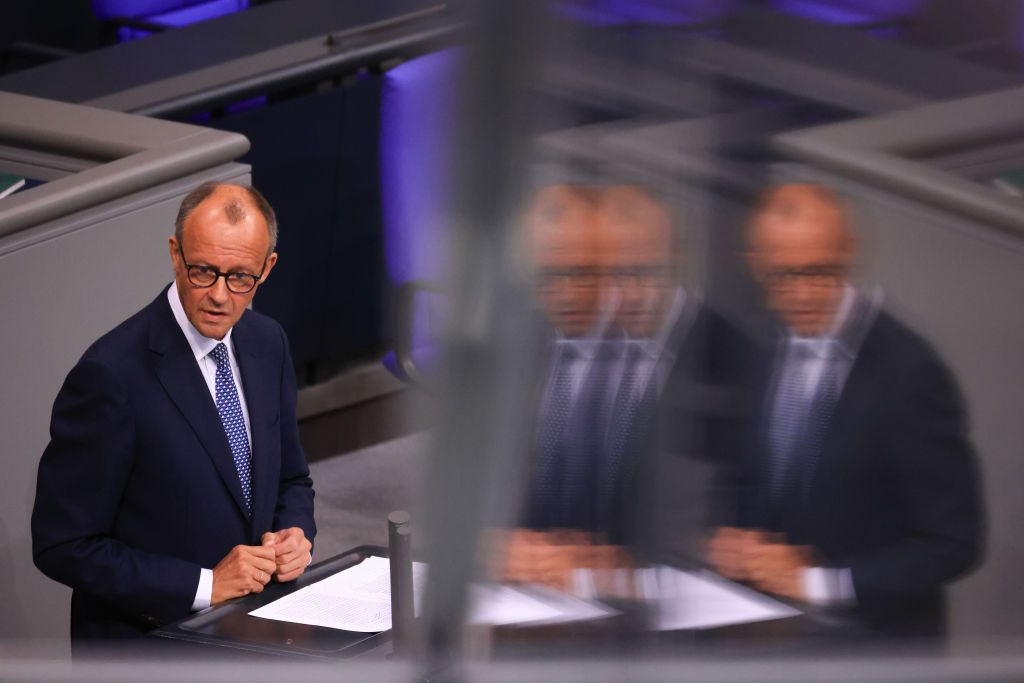German Greens chancellor candidate says he would send Taurus to Ukraine if elected

The German Greens' candidate for chancellor, incumbent Vice Chancellor Robert Habeck, told the ARD television channel on Nov. 17 that if elected, he would greenlight the delivery of Taurus cruise missiles to Ukraine.
"The answer to this question is: yes!" said Habeck in response to a question about whether he would authorize the missiles' delivery. The vice chancellor has served as the economy minister in a coalition government with Chancellor Olaf Scholz's Social Democrats and, until recently, the FDP liberals.
Germany is heading toward snap elections on Feb. 23, 2025, after Scholz fired FDP's Finance Minister Christian Lindner, leading to the coalition's collapse.
German assistance to Ukraine, which has become a topic of the electoral campaign, is increasingly crucial amid fears that the U.S. might withdraw its support after Donald Trump's recent election victory.
Berlin is Ukraine's second-largest military donor under Scholz, but the chancellor has been adamant about not providing Taurus missiles, fearing it could draw his country into the war.
Habeck said in the interview that deciding on arms deliveries has been part of his job as the economy minister, adding that those "were some of the most difficult decisions (he) had to make."
The German-Swedish air-launched Taurus missiles have a range of up to 500 kilometers (310 miles), which is more than the ATACMS or Storm Shadow/SCALP missiles provided to Ukraine by the U.S., the U.K., and France.
Friedrich Merz, the chancellor candidate of the opposition center-right CDU/CSU alliance, also said he would allow the delivery of Taurus missiles but only after issuing an ultimatum to Russian President Vladimir Putin and lifting restrictions on already provided arms.
CDU/CSU is currently leading the polls with 33%, followed by the Russian-friendly, far-right Alternative for Germany (AfD) with 18%, the Social Democrats at 16%, and the Greens with 11%.











